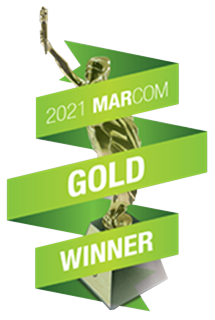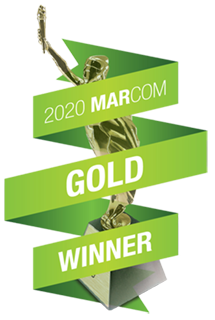



features
For Mental Health Month in May, and always, we all can encourage recovery and resiliency
How we talk about mental health and substance use conditions matters
Along with our network providers, Magellan upholds and honors the strengths, traits and worth of the people we serve. One way we can all do this is through the intentional use of language that is respectful of a person’s basic humanity, expectant for their recovery, and which elicits positive belief and action.
Why focus on language?
Language is a powerful tool for shaping how we view people living with mental health (MH)/substance use (SU) conditions. It can serve to increase or decrease stigma and discrimination that can impact relationships, employment, housing and the ability of our members to actively participate in their communities of choice.
Language also influences how a person views themself, their abilities and their future. It could mean the difference between a youth receiving a MH diagnosis with fear that they will be forever judged and outcasted or hope that they can live a good life even with a MH challenge. For a person in early recovery from a SU condition, language could mean the difference between believing that it is only a matter of time before a relapse, or that they have what it takes to maintain their recovery.
Recovery and resiliency-oriented language
Magellan is committed to using recovery and resiliency-oriented language in member and non-member communications. We invite you to consider joining us in this commitment to using language that is:
- Person-centered – Highlights the person and their preferences, goals and dreams instead of their challenges.
- Person-first – Describes a MH/SU condition as something the person has or lives with rather than who they are.
- Strengths-based – Gives a sense of optimism, hope and opportunity.
- Accessible, relatable and easy to understand – Avoids medical/diagnostic language unless necessary.
- Free of stigma, bias or discrimination – Does not reinforce stereotypes, low expectations or individual blame.
- Reflects best practice – Honors the lived/living experiences of people with MH/SU conditions.
By using recovery and resiliency-oriented language, we help reduce bias, stigma and discrimination for the people and communities we serve.

